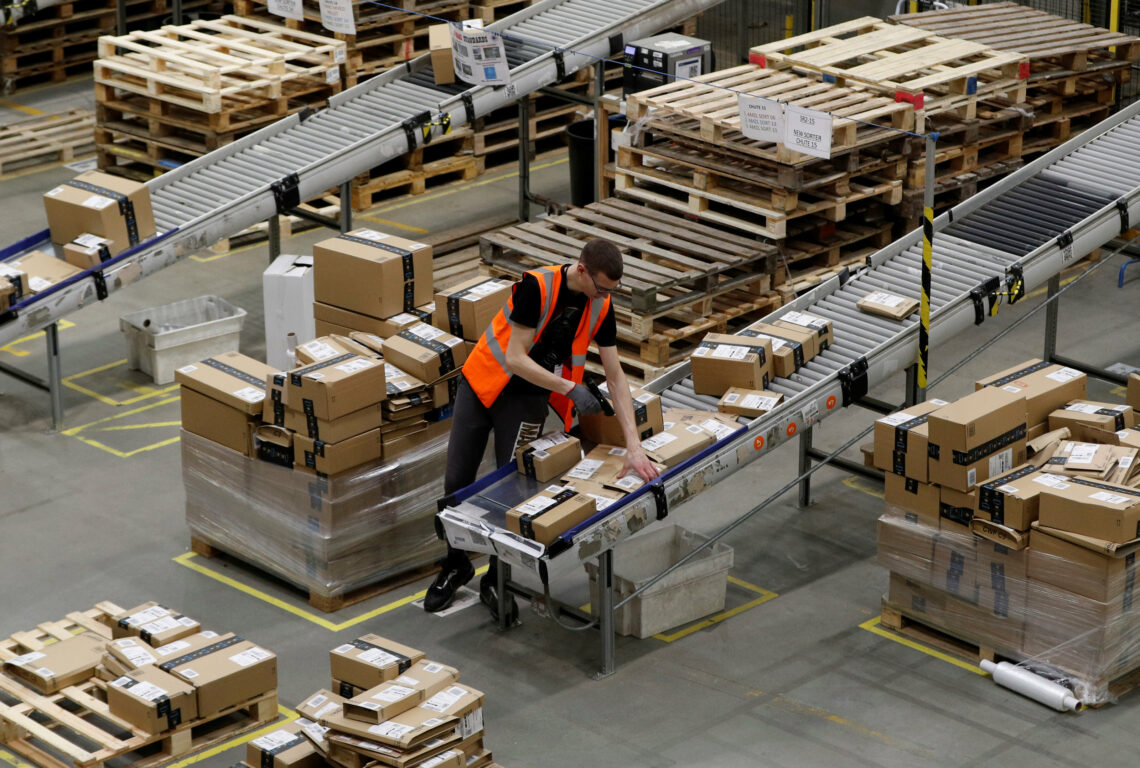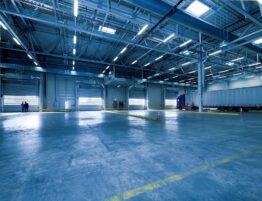
Logistics processes are increasingly affected by the introduction of technological devices that are able to monitor the flow of goods, to check straight away the efficiency of the organizational system, and to track every single stage of the company production cycle, in order to have proof of it in a database. Recent headlines have dealt with a device with the appearance of a bracelet, created for a leading commercial company to be able to control remotely the activities of the staff employed in a logistics warehouse.
In the era of the so-called Internet of things, the transport sector too is undergoing an unstoppable technological evolution. For example, through the ordinary access to geolocation systems capable of verifying the performance of drivers, we are already witnessing an increasing penetration of the privacy law in the context of work and contractual relationships with customers and providers.
However, what are the competitive advantages of the logistics of the future? What are the risks and, therefore, the legal protections to be enacted?
Let us see how the digital revolution in the supply chain affects the dynamics of a logistics contract in the context of Italian civil law. Other colleagues of the Firm will analyze the same issue from the perspective of privacy and labour law.
Among the activities within a warehouse, the so-called picking service is often the one that gives rise to the most critical issues for a logistics operator.
Pre-bills and transport documents are not a sufficient protection means, and other articles of our newsletter have already clarified that they may be considered as an instrument devoid of evidential effectiveness before a judicial Court.
Picking by the staff in charge of handling goods in a warehouse remains a black hole that escapes the digital control systems, since the data flow that from the bar code of a product is transferred directly to the server of the software in use still depends on the manual activity of the individual operator who performs his/her duties among the shelves and pallets of goods.
Therefore, a practical solution could be the use of remote control devices that are able to verify the manual performance of workers with the methods considered most appropriate.
In any case, it would be an operating procedure that – if lawful in terms of protection of privacy and labour law – should be regulated in a special protocol attached to the logistics contract, so that the client and the operator may share the verification criteria and may provide in advance specific tolerance thresholds, whose passing would amount to a contractual breach and would thus lead to the related liability for compensation.
(Barbara Michini – barbara.michini@studiozunarelli.com)








